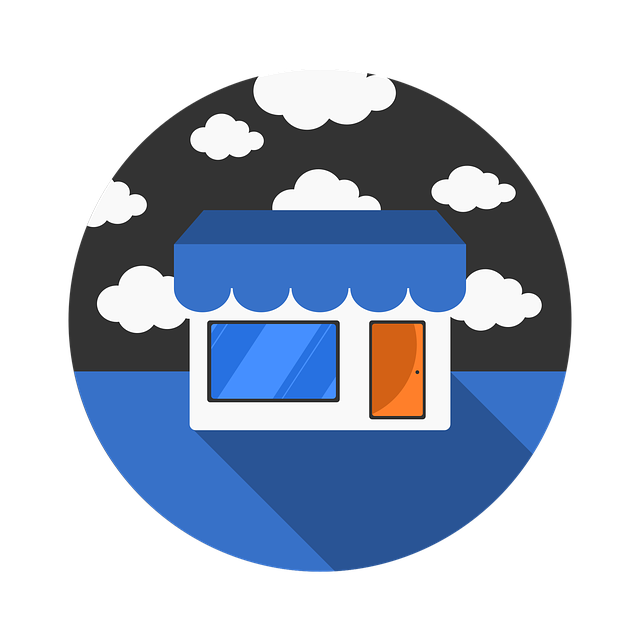Get your new business ready for the online world
Taking your small business online means putting your business in the game. And playing to win means taking a strategic approach to building a web presence. Search engine optimization (SEO) is a must for any business that wants to survive online today. However, SEO can be taunting and challenging to most of business owners to understand and even getting started into the SEO game.
besides a full-blown SEO strategy and implementation, here are a few things that you can do to get your business being exposed to the online users:
Get listed in online directories and review sites.
Consumers use these sites to search for products and services near them, and your profile on these sites can show up in search engine results.
- Google My Business
- Google Maps
- Yelp
Include and maintain your business information
Your listings create opportunities for online users to get familiar with your business and your website, making them more likely to click on your pages they may see later on in other search engine results pages. The company information will need to include the type of business, contact information - physical address, contact phone numbers, email address, and most importantly, the business web site URL.Use common-sense keywords and location-based keywords
Keywords help Google to understand what your website pages (and your business) are about. However, this doesn’t mean you have to use industry jargon or super fancy terminology. In fact, this likely to hurt your SEO. Google’s goal is to provide helpful, digestible, understandable information to those who need it. Aim to rank for words and phrases that a typical member of your target audience might type into a search engine.Make sure you insert location-based keywords into the titles, URLS, meta descriptions, headings, subheadings, body, and image alt tags throughout your website.
Put keywords in the right places
Choosing great keywords won’t help unless you know where to put them, and the body of your web pages is just one of many important places to insert keywords you are trying to rank for. Some of these places aren’t visible on the web page itself, but rather form the description of the page as it appears in search engine results pages. To make sure you are fully capitalizing on keywords, be sure to include them in the following:- Meta description
- URL of the page
- Headings
- Subheadings
- Image alt tags
- Title tag
- Use keywords to succinctly describe what the page is about—155 characters or less.
Optimize Title Tags
The title tag is the title of your page as well as the name of the page search engines display in their results. Including keywords in the title helps Google to index your page properly, and also affects how frequently people click on it. The more clear they are on what the page is about, the more likely they are to click on it. To optimize your title tags:- Keep them to 55 characters or less to avoid being cut off.
- Minimize the use of stop words like “the” and “is”
- Stick to the preferred format: put keywords first followed by a pipe and the company name
Optimize Meta Descriptions
Meta descriptions are the text that shows up in search engine results below the title tag and below the link to the site. The description is not critical for how well a page ranks in search engines, but it does play an important role in determining whether or not someone who sees you in the search results will actually click through to the page. The more traffic you get, the better your SEO, and the better your SEO, the more traffic you’ll get.Sounds simple enough? Give them a try !
If you have any questions regarding your web site for your new business, please feel free to contact Konijn Design Studio anytime. We'll be glad to help.




Comments
Post a Comment